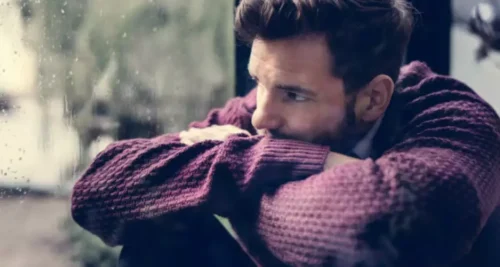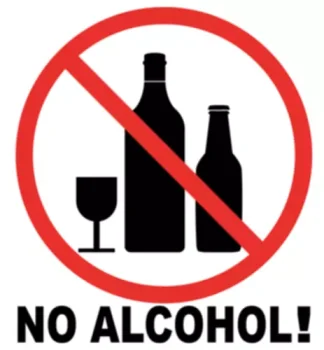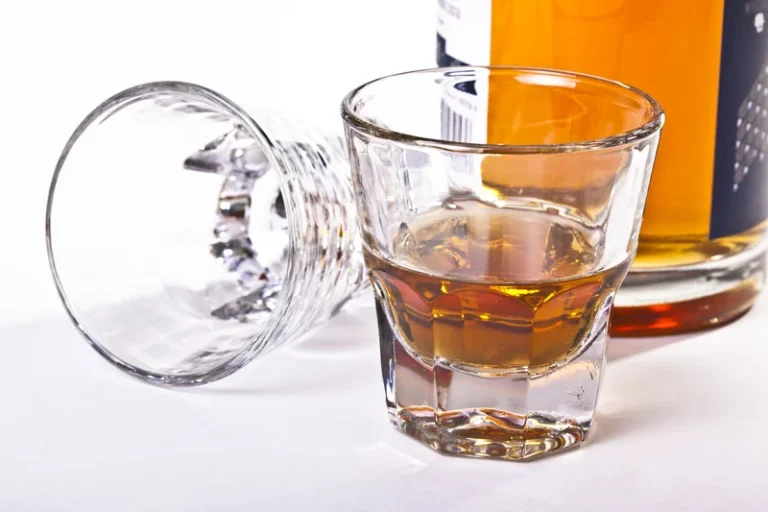
However, if you find yourself frequently experiencing anxiety and regret after drinking, particularly after heavy drinking, it may be a sign of a more serious problem. “Hangxiety” describes the regret, worry, and levels of anxiety felt after a night of heavy drinking. While the term may be informal, the science isn’t—there’s plenty of data to explain this experience. We turned to our staff of psychiatrists for everything you need to know about the connection between alcohol and anxiety, including when it’s time to seek help. Once you’ve cut down your drinking (or stopped drinking altogether), keep going like this for a couple of weeks.

Treating Alcoholism and Anxiety
Long-term heavy drinkers may be predisposed to developing an anxiety disorder. The long-term consequences of alcohol abuse can be a variety of health problems, including mental health disorders. While small amounts of alcohol may activate GABA and cause you to relax, does alcohol cause anxiety attacks heavier drinking can sap GABA. Alcohol can also make anxiety worse because it affects the levels of other mood-influencing chemicals like serotonin. Research notes that changes in chemical levels such as serotonin can cause anxiety disorders and depression.
- If chest pain is accompanied by sudden loss of consciousness or unresponsiveness, immediate medical attention is required, as this could be a sign of a heart attack or other critical health emergency.
- However, it generally is accepted in the comorbidity literature that this approach is not advisable (e.g., Kushner et al. 2007; Lingford-Hughes et al. 2002; Stewart and Conrod 2008).
- The sequential, parallel, and integrated models each are beneficial in certain respects, and each method should be considered a valuable option in the practitioner’s toolkit.
- Diagnoses of AUD, SAD, generalized anxiety disorder, panic disorder, agoraphobia, and specific phobias were assessed twice using the Composite International Diagnostic Interview among 2,801 adult Norwegian twins.
- It can help you feel less shy, give you a boost in mood, and make you feel generally relaxed.
- If you are using alcohol as a self-medicating measure, you might feel it «works» to help you cope with your symptoms.
Alcohol is not anxiety treatment
Talkiatry is a national psychiatry practice that provides in-network, virtual care. Co-founded by a patient and a triple-board-certified psychiatrist, Talkiatry has over 300 doctors, 60 insurance partners, and first visits available in days. Many college students use alcohol to cope with anxiety caused by tension, chronic worrying, nervousness and trouble sleeping. But for some men, the pursuit of the body beautiful can spiral into a dangerous obsession.
The link between anxiety and chest pain
Clients with social anxiety disorder, for example, may have difficulties with several elements of standard psychosocial approaches for alcoholism. Many treatment programs, as well as AA, heavily rely on the mutual help in group settings. Individuals with social anxiety, however, may be reluctant to attend group therapy or AA meetings or may avoid meaningful participation should they make the effort to attend. Other activities that are integral to participation in AA, such as sharing one’s story (i.e., public speaking), obtaining a sponsor, and becoming a sponsor (i.e., initiating social contact) also can be impaired among socially anxious alcoholics. Consistent with these hypotheses, research has shown that at least among women with social phobia, participation in AA may be less appealing and less effective than other approaches (Thevos et al. 2000; Tonigan et al. 2010). Two critical elements of CBT skills training also may be especially difficult for patients with comorbid social anxiety disorder, including drink-refusal skills and enhancing one’s social support network.

The Substance-Induced Anxiety Model
For some people with anxiety, chest pain might be a mental health symptom — not a sign of a heart attack. Quitting drinking is always a difficult task, even if you were more of a casual drinker than an alcoholic. Alcohol’s ability to replace normal stress coping causes it to interfere with your ability to respond in a healthy way with anxiety and stress, to the point where when you suffer from any anxiety it feels much more severe than https://ecosoberhouse.com/ it would if you hadn’t had alcohol. This can even affect those that never intentionally used alcohol to cope with stress. That’s where the real problem comes in, and that’s why those that want to quit drinking also need to start looking at how to regain those coping skills that they’ve lost. It’s not just about whether you’ll go back to alcohol – it’s also about learning how to let smaller stresses not explode into larger stresses.
Anxiety, depression, and irritability are common hangover symptoms after drinking. These mood changes, sometimes called «hangxiety,» might indicate an underlying anxiety disorder or depression. It’s essential to see a healthcare provider if you commonly get hangxiety. They might suggest limiting or avoiding alcohol to help treat your symptoms.
Explaining the association between anxiety disorders and alcohol use disorder: A twin study

What are the symptoms of a panic attack?

